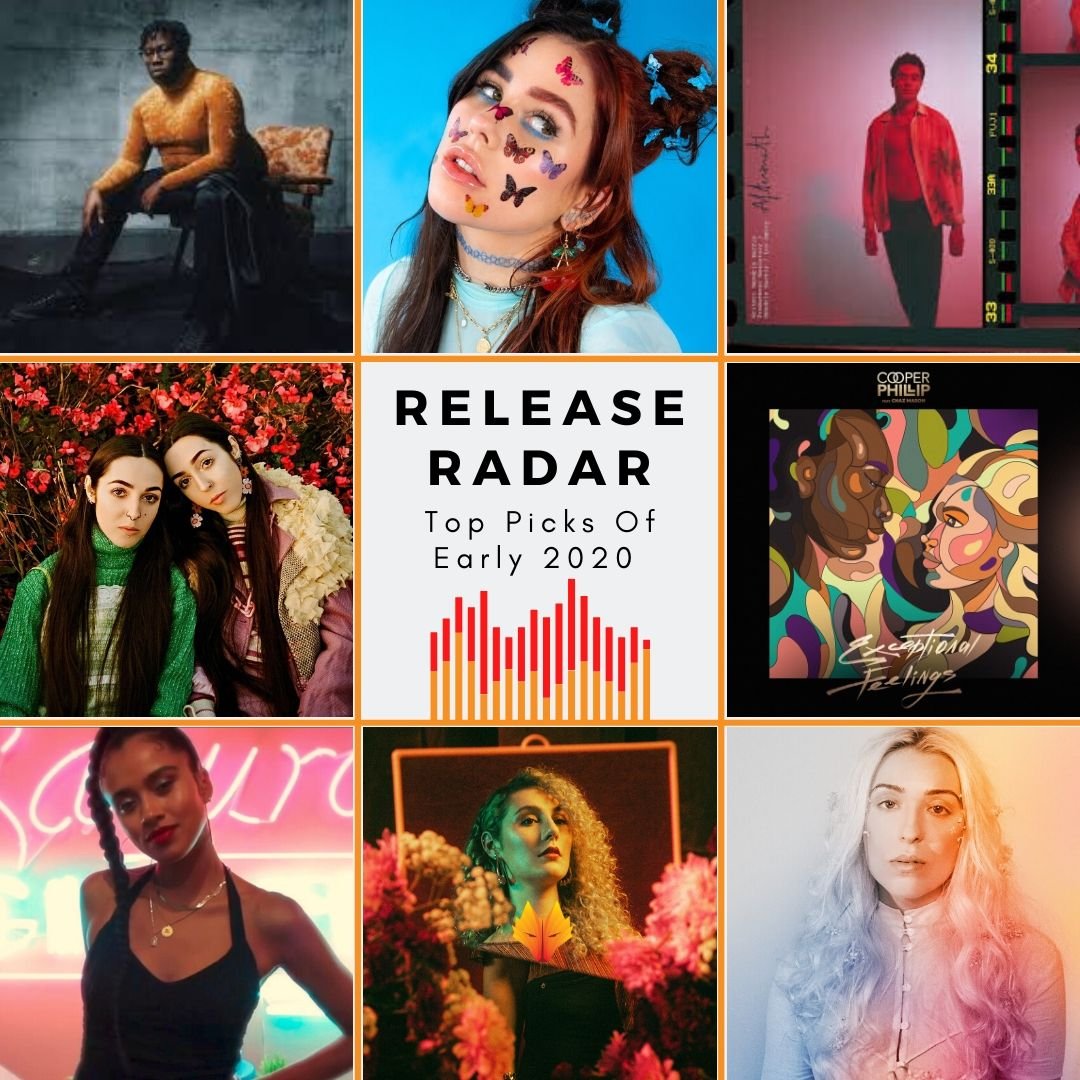A performer is entertains others through art such as dance, music, or other stage and theatre entertainment. Excellent performers stir excitement and emotions within the audience with great interpersonal skills.
For a great performance, there are other professionals involved such as choreographers, costume managers, directors, and producers, to mention a few. Some individuals take performance as a profession, while others do it for fun.
If you are looking for ways to become a better performer, here are some ideas.

1. Practice
Practicing is the best way to improve your skills and make you a better performer. If you routinely prepare for something, you eventually become good at it. And this happens with performers too. You can’t wait to go on stage to do a trial and see how it goes. As a performer, you may find yourself afraid of forgetting queues. Experiencing tension every time you get on stage is as a result of failing to prepare adequately.
Preparation helps boost your confidence. It gives you the opportunity to work on your weaknesses before the day of the performance. Practice everything: movement, singing, and facial expressions. It allows you to bring out the best of your capability.
When practicing, you need to take lessons from previous skills, as well as trying new ideas that challenge you. It is an excellent way to keep track of your daily improvement. Remember to practice in the outfit you are going to perform on. Never go on stage unprepared.
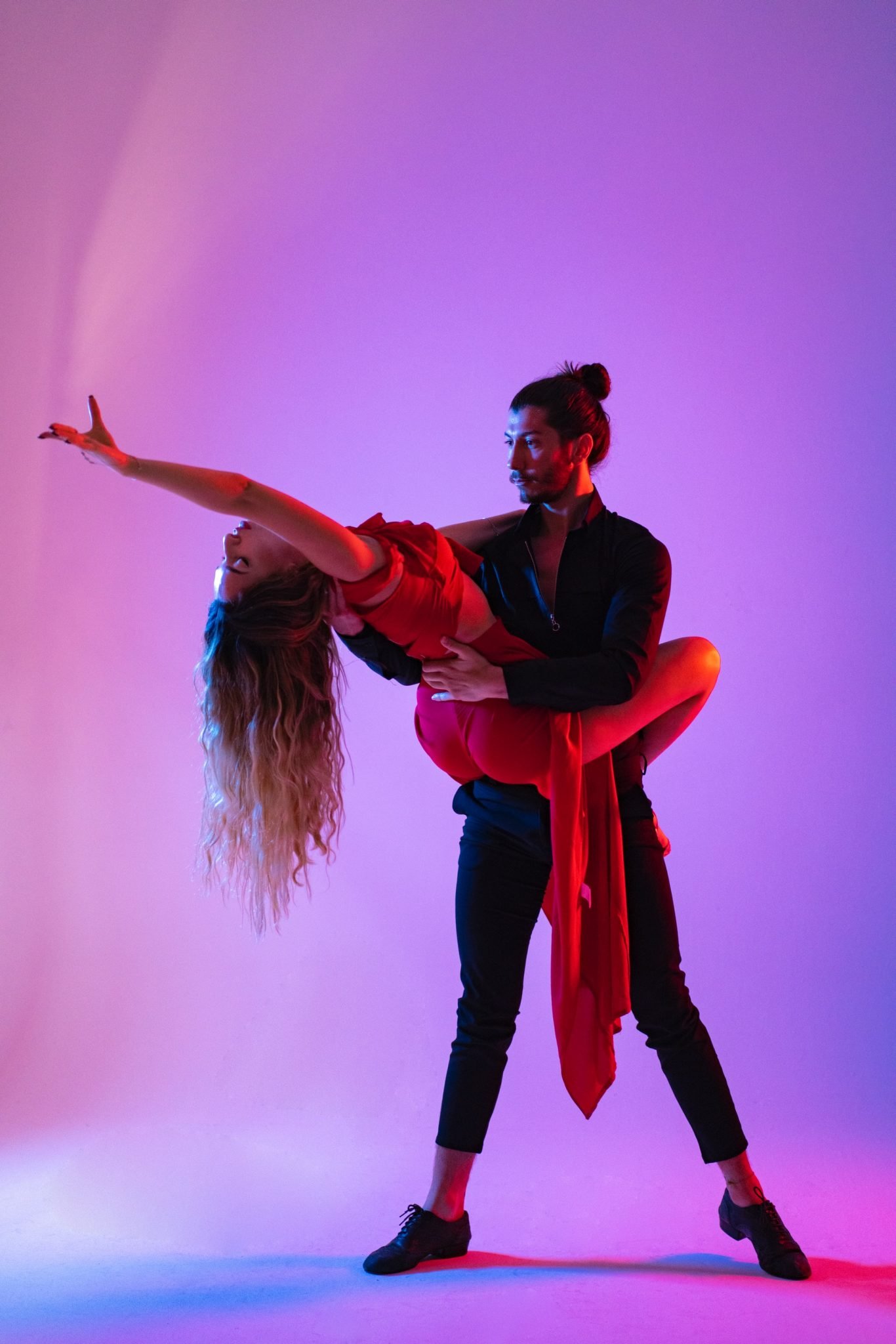
2. Join performance programs
Performance programs are essential in shaping your skills and making you a better performer. You can join a physical training program in a dance or music academy, for example.
You can also check the internet for online programs. This way, you can train at any time from your home. Make sure you choose a reputable program to enhance your skills.
If you are looking for singing programs, reading about the 30-day singer review is a better place to start. The programs push you to learn and enhance your vocals in the best way possible. Besides, you boost your confidence with the programs, which is the key to becoming a better performer.
Read reviews before choosing a program to determine the most reliable and effective.
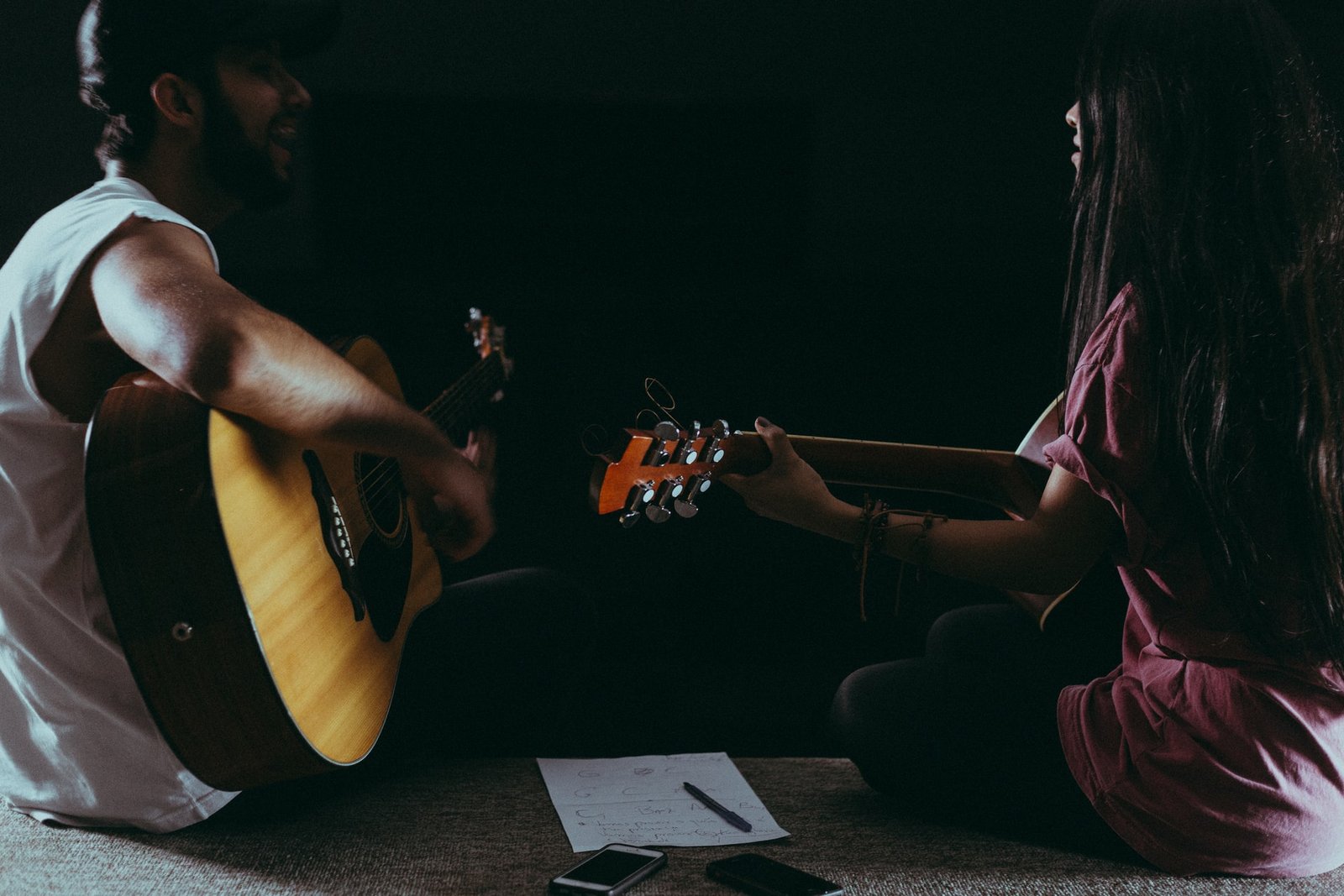
3. Believe in yourself
Believing in yourself is the practical side that comes from experience and preparation. The work you put in your performance, the effort and technique, the experience, the situations that push you to improvise, should make you believe in your potential as a performer.
Even if you are the master of all performing techniques, without believing in yourself, it’s all pointless. If you have doubts about yourself, your mind comes up with any excuse not to perform well. Successful performers give their best without dwelling on what the audience thinks about them. Believing in oneself allows you to focus on making the best out of all the practice and overcome fear.

4. Be passionate
Before any performance, remind yourself why you love this.
Everyone has their own reason for performing. Your reason could be anything. When you are inspired by something, you always bring out the best in you. You become passionate and delighted in the performance.
Sometimes, doing the same thing for a long time can become monotonous. You can also get tired and feel like giving up, especially when you are on a performance tour. Then wake up! Why did you become a performer in the first place?
If you make a living from performing, don’t take it for granted. You always need to find pleasure in whatever you do.

5. Beat your nerves
Many performers talk about making a mistake before an audience. It is okay to feel nervous before the performance. It is a natural feeling. The alkaline hormone can help you focus, but you need to control it. Too much of it can cause you to feel butterflies in your stomach, or get sweaty or cold.
Nerves are a form of energy depending on how you transform them. When you experience this, try and be positive in your thinking.
If you think you don’t have what it takes, it is the beginning of your failure as a performer. How we perceive stress can change our response to it. You need to look at the performance nerves as your body prepares you for the performance.
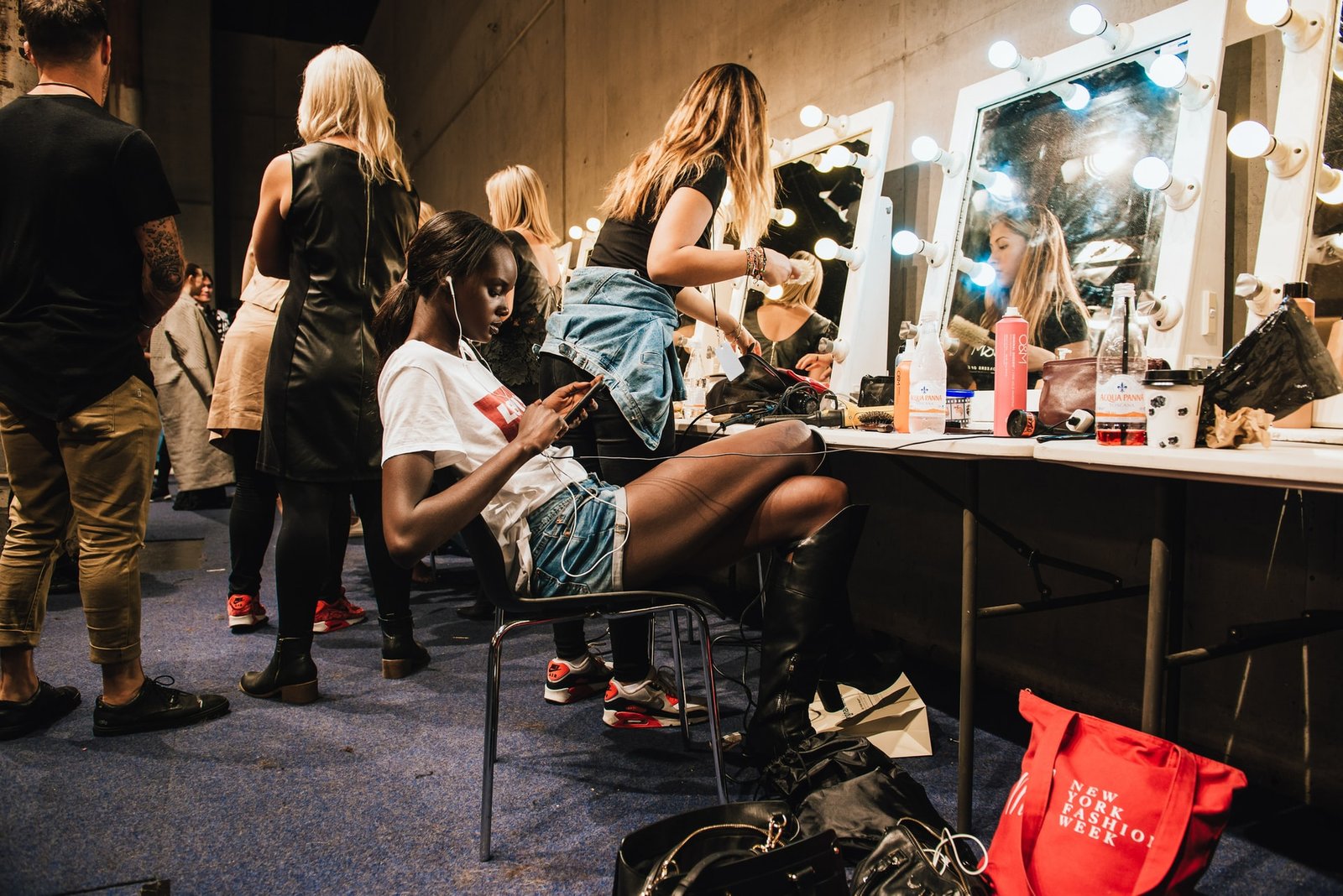
6. Have fun
Find the perfect goal for your performance, get yourself on stage and begin the performance. The key is to start as quickly as possible. Once on stage, focus on enjoying the movement. It helps you find the right goal for your performance.
Focusing too much on the performance outcome can actually sabotage the whole thing. Most people aim for perfection, especially when performing for the first time. It is too much pressure for you! If you have your friends and family in the audience, don’t focus on them. If you are not confident enough, don’t invite them. Sometimes, they can be an obstacle to your performance’s success. You may find yourself wondering whether they see the best in you in every step. Once you get used to the stage, you can invite them.
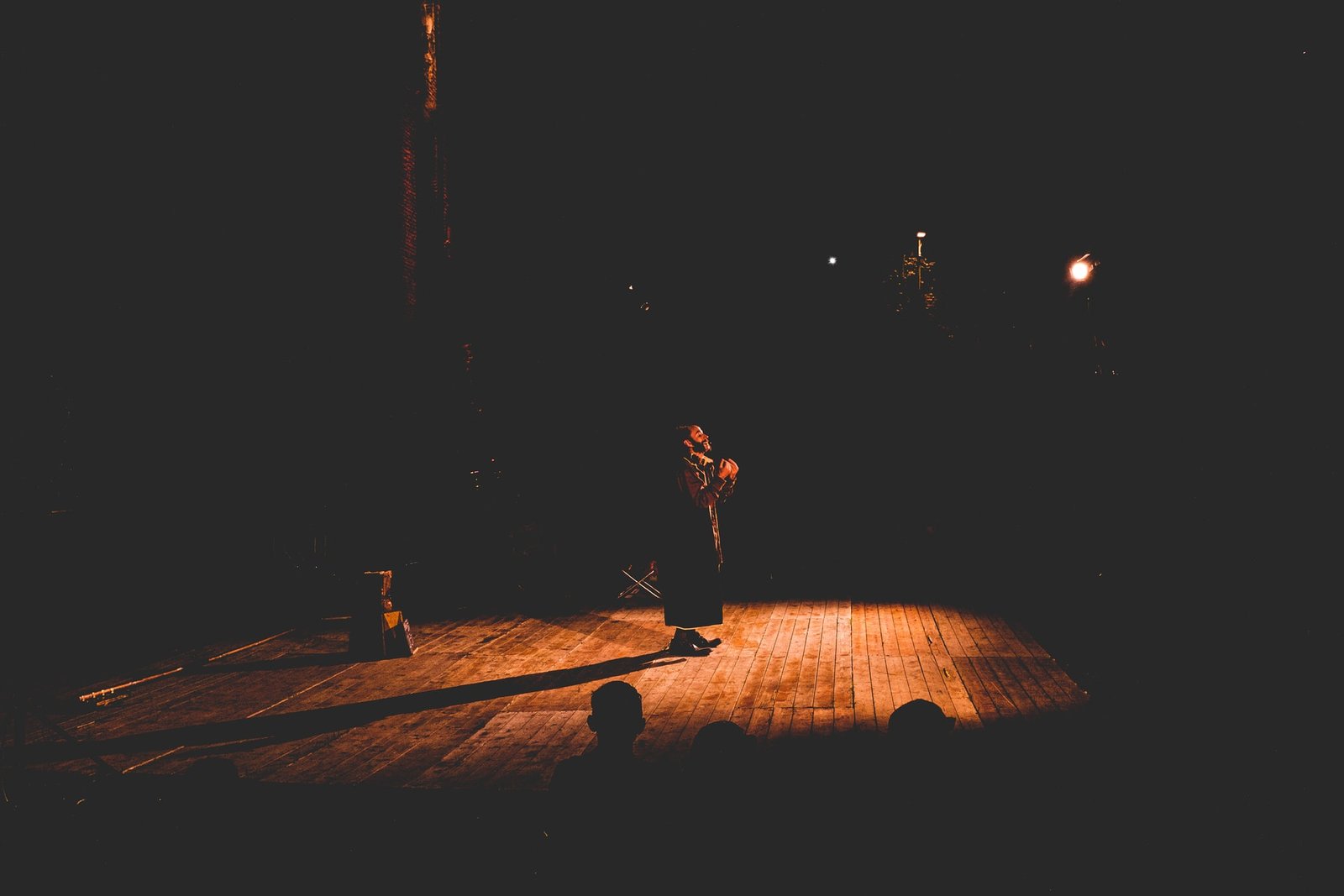
Everything starts in the mind. Your mentality dictates the version of you on any given day.
There’s nothing more uncomfortable than going to a show and feeling bad for the artist on stage. It annoys the audience, even more when they paid to watch you. Evade the embarrassment by implementing the above ideas of becoming a better performer — it leaves an impression with your audience.





